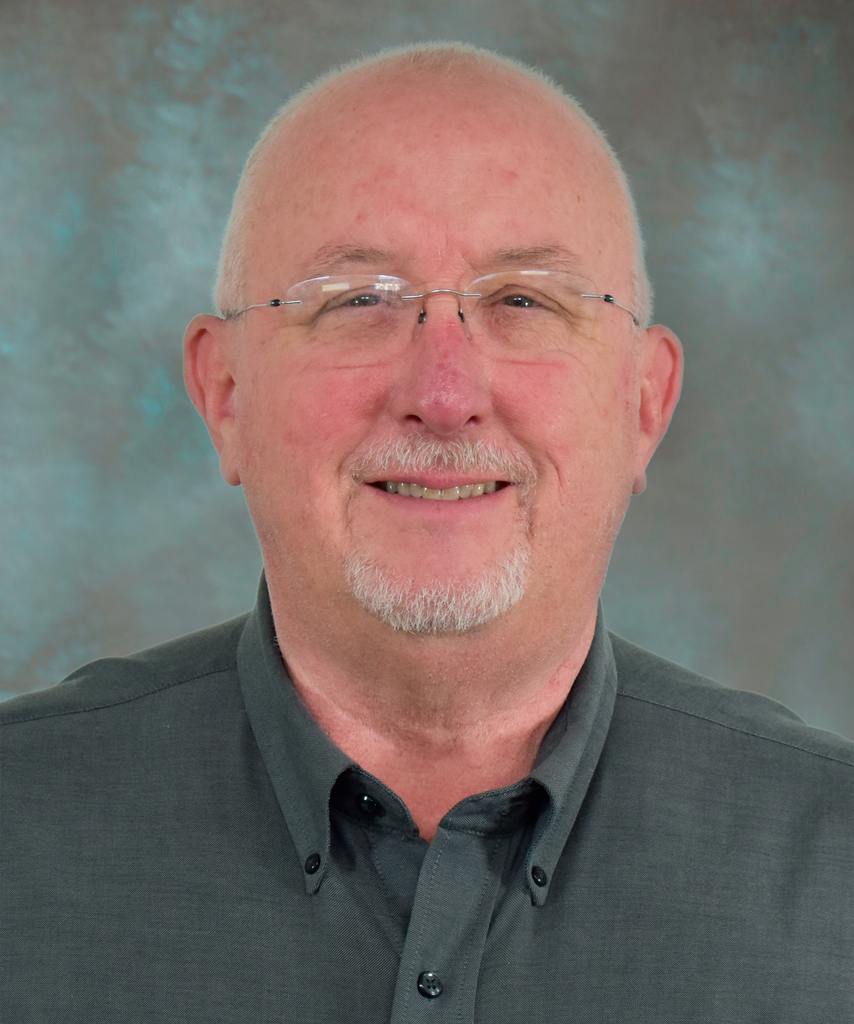
Tim Koch

Tell us more about your background – how did you get started in the transportation industry?
My entrance into transportation started after college, as I had several friends working for a non-asset based owner-operator company near my home in Berks County, PA. Starting as a dispatcher, my career allowed me to experience the operations side for a number of years, and as the trucking bug bit me, I moved into supervisory and leadership positions in operations, recruiting, local sales and ultimately national account positions. My education was in Human Resources, following in my mother’s footsteps, as I always enjoyed watching her work with and engage people. My next career move following marriage took me to one of the largest non-asset owner-operator based fleets in the country at the time. I took on a regional Business Development role, which involved hiring drivers, making sales calls, and supporting fleet owners and agents from Michigan to Virginia, specifically targeting flatbed fleet owners.
What about Pyle made you want to work for this company?
The opportunity to start something new, the role that was offered to me representing Pyle inside the Lukens Steel Company Mill, and most importantly was the first interaction I had with Peter Latta. Why was this guy willing to trust me in that role in front of Pyle’s first customer? And why was Lukens willing to put Pyle (me) into the Shipping Office seat, and trust us, while Pyle Transport remained their in-house carrier? Clearly Lukens had the confidence in someone at Pyle, and that integrity played a huge role. Frankly, I was very content where I was positioned at Landstar, but this “family company” and that potentially conflicting dynamic almost seemed too good to be true, a challenge not to walk away from, and a flame lit at that initial meeting with Peter that I felt I needed to pursue.
Describe your role at Pyle.
As VP, Properties Development and Management I am blessed to work with a very talented team of professionals, not only in Properties and Facilities but with peers in all aspects of this business that share a common vision of family values, striving to be the best at whatever we chose to do. Day to day I have the opportunity to lead, coach, and work beside facility technicians/technical professionals, real estate professionals, and our growing friends at municipalities we call home for our 4,000+ stakeholders. Developing those relationships, internal and external, provides a great feeling of watching the Pyle visions grow and prosper while providing myself, and I hope many others, with a tremendous feeling of accomplishment each day.
How do you stay informed about industry trends and emerging technologies to enhance the efficiency and innovation of property management practices within Pyle?
Networking with our informed internal team, facility managers, architects, and peer groups.
What are some key factors that Pyle takes into consideration when scoping out a new property?
Location, location, location – so the saying goes, but the trick in this niche market is zoning. If you don’t have both, the long-term cost is likely untenable. Secondarily, surrounding infrastructure, availability of public utilities, etc.
How do you approach balancing the preservation of existing properties with the need for modernization and innovation in property development?
We work in a very dynamic industry and we have the good fortune at Pyle to react appropriately to ever changing trends. Our approach to buildings and properties has mirrored that, be it solar farms, electric forklifts, light pipes, or radiant heating in our fleet garage. So much of this balance is infrastructure driven, which is time consuming and costly. We share an overwhelming desire to do the right things, the right way, the first time and I don’t see that changing as we embark on our 3R initiative to bring some of these aforementioned technologies we place in our new construction projects, into our aging/existing properties and facilities.
In your role, how do you prioritize sustainability and environmental considerations in property development, and what steps do you take to integrate eco-friendly practices into the management of Pyle’s properties?
The core starting point for sustainability is at the local level with our team and people willing to make that effort. Recycling programs like in our homes are typically driven at the local, municipal level. Our role in Properties is to insure we understand those dynamics and insure we have the vision to build the infrastructure to allow that to happen. Regulations on the federal, state, and local level can be challenging. On the Land Development side, we’re mandated to insure we have the systems and designs in place to protect the environment.
What achievements are you most proud of during your time at Pyle?
Believe it or not, I had no Facilities or Properties background (outside of being a typical homeowner) when I was presented the challenge to manage the Facilities Team and develop the department until Peter found a long-term solution. I hope he finds that solution soon and I remain thankful for the faith and trust of the Pyle People, allowing me to learn and grow personally and professionally with this company.
Any closing thoughts?
I mentioned earlier “why” I wanted to work here, and it became part of my sales pitch when meeting people and having the opportunity to talk about Pyle. Some days I have to pinch myself for the opportunities and other days I’m so exhausted I put my home address in Waze just to get home – but every day when I get out of bed I can reflect on the Pyle Team efforts and abilities for this company to excel, and how hard it can be to explain to people that this is a place you need to experience to understand the full power of the Pyle People.